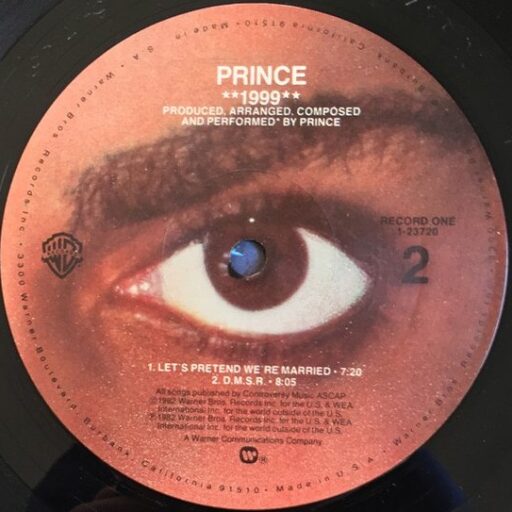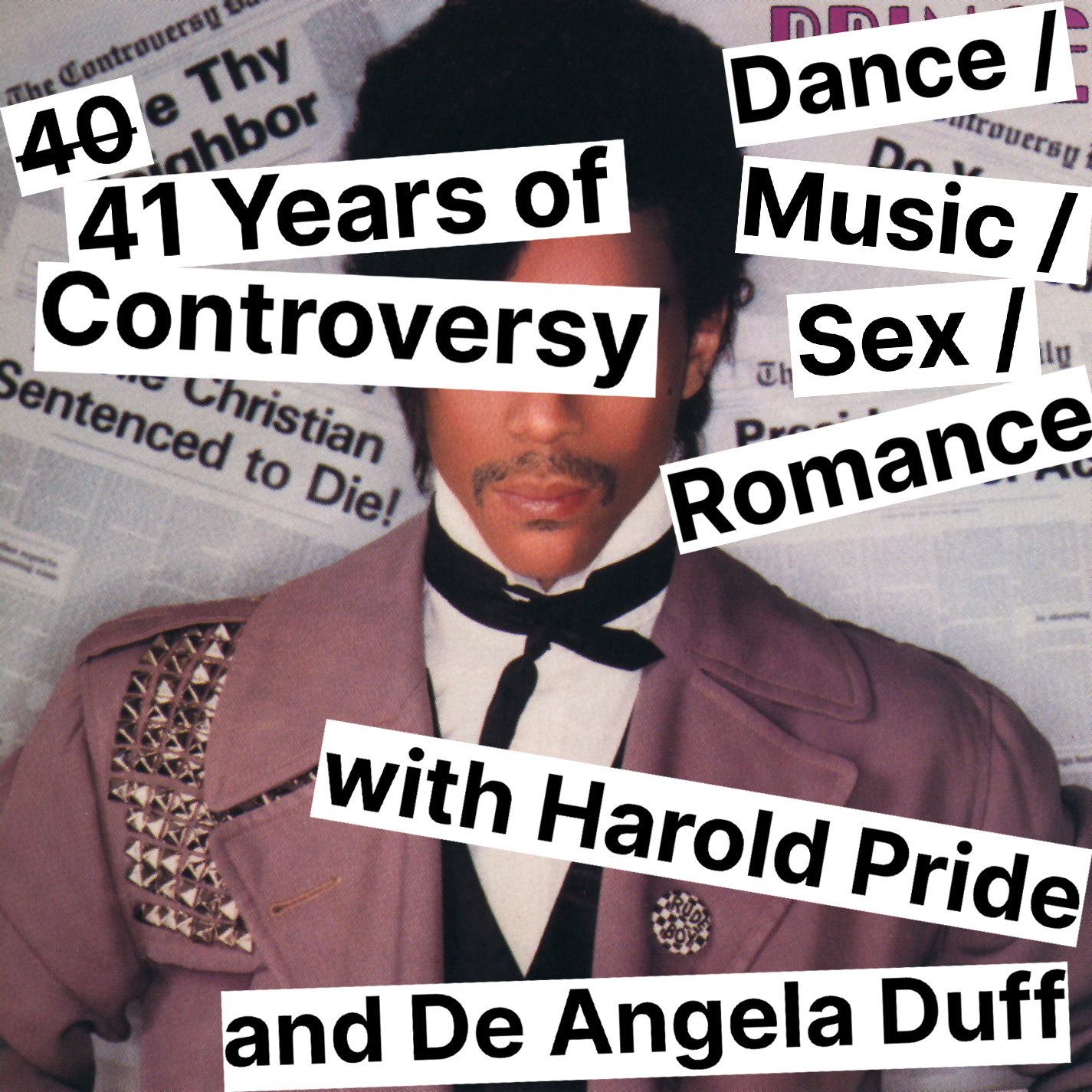Tag: ronald reagan
-
Ronnie, Talk to Russia
It’s difficult to determine just how seriously “Ronnie, Talk to Russia” was meant to be taken.
-
Sexuality
Like Prince’s earlier stabs at social commentary, “Sexuality” offers a kind of generalized, non-denominational liberation through hedonism and individual self-expression.

